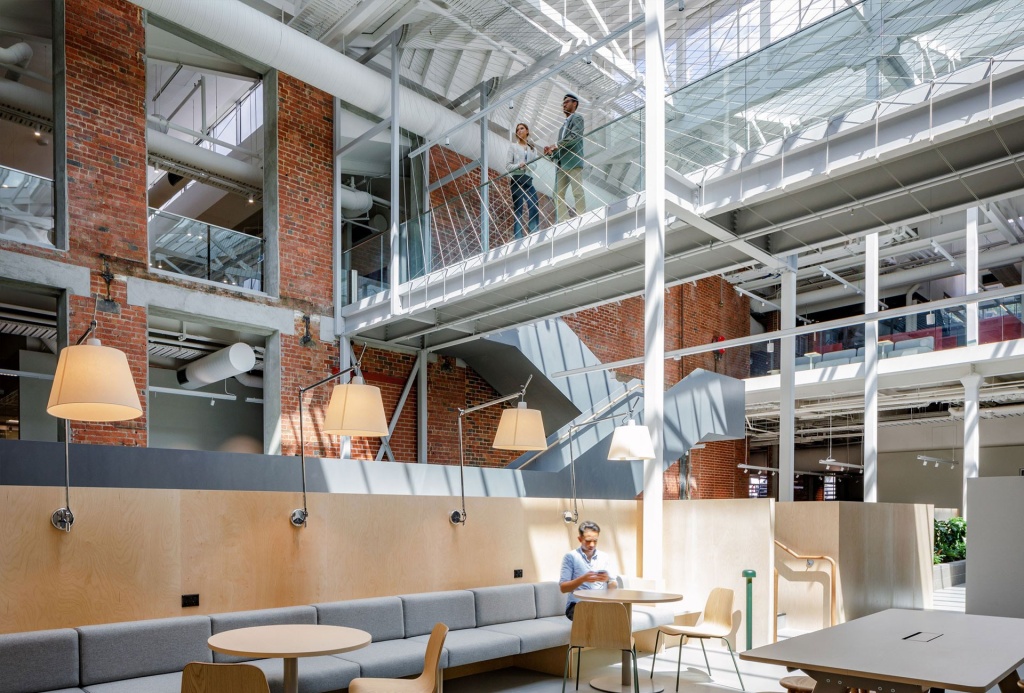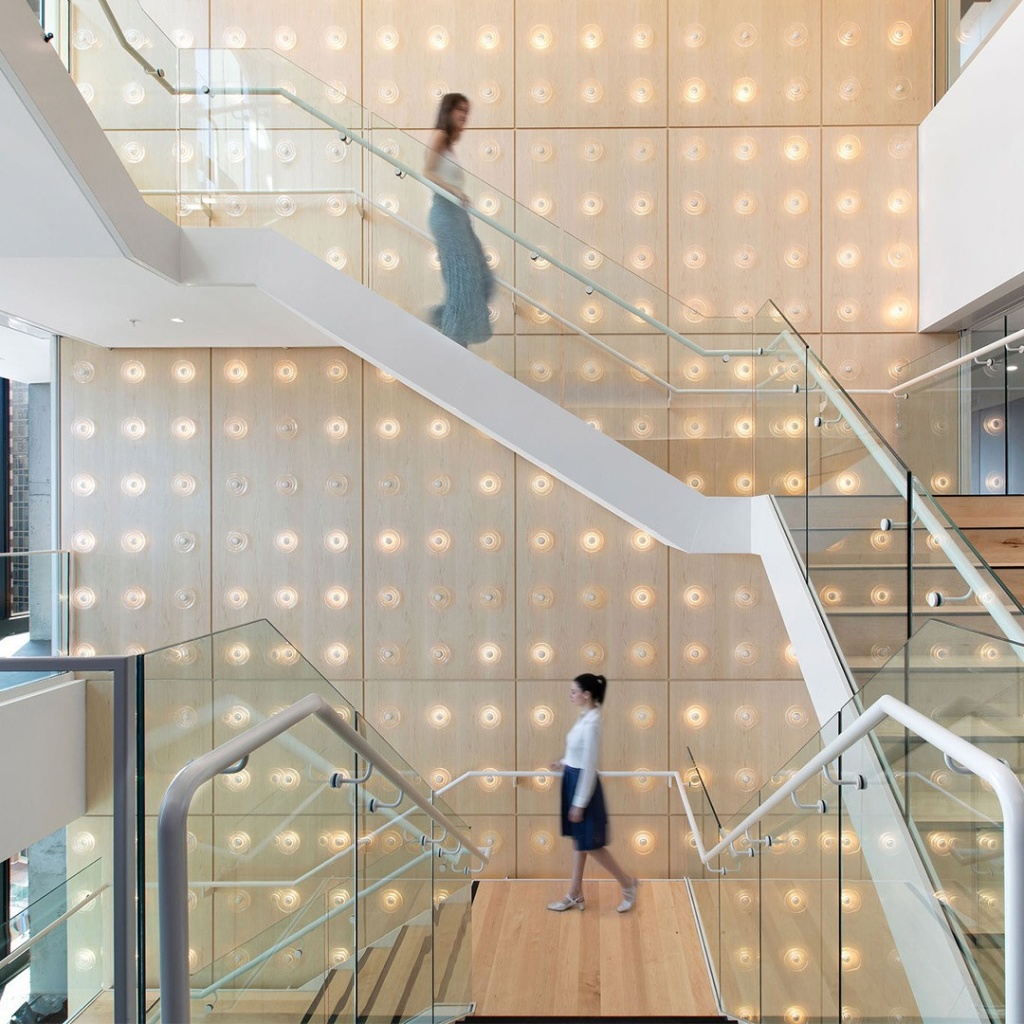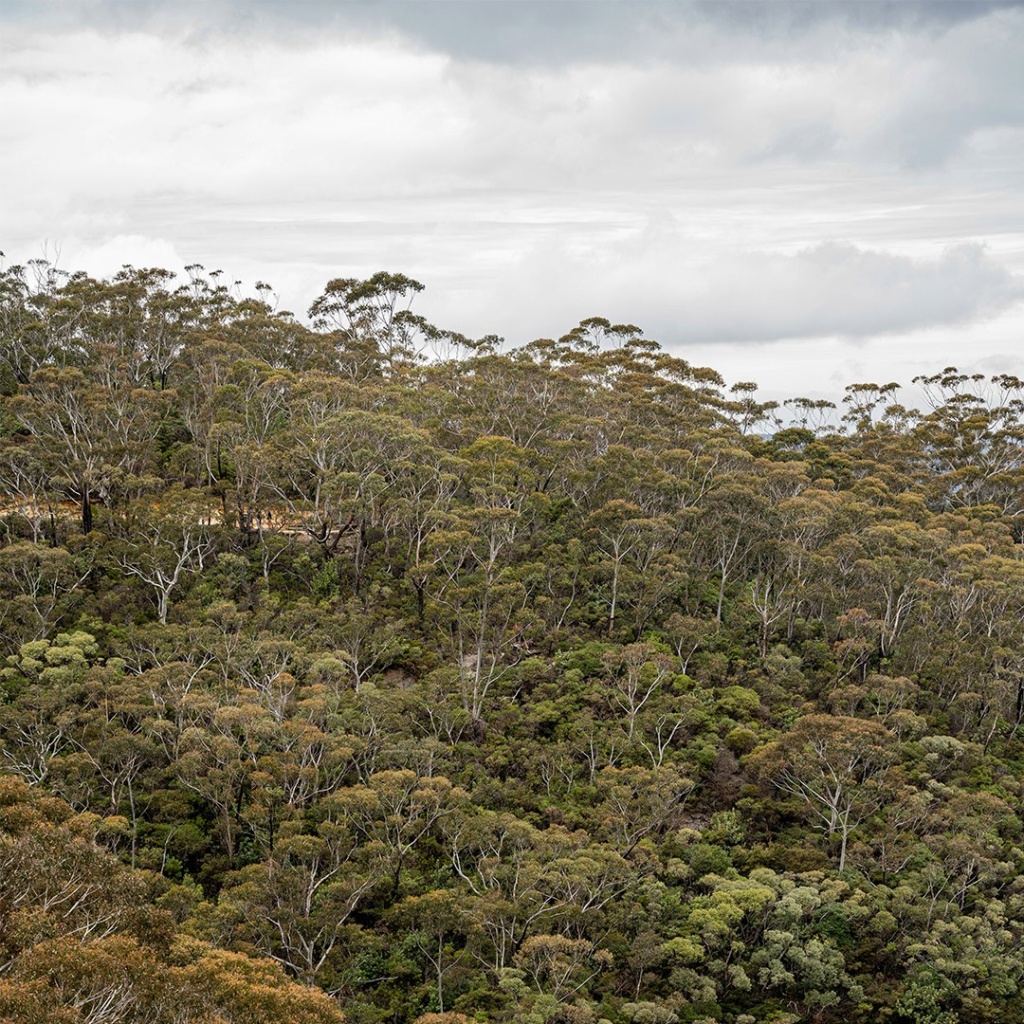Our Reflections
A central theme this year asked us to reflect on why people go to work. Beyond the function of the workplace, conversations made it clear that workplaces must evolve from mandated attendance to purposeful presence; spaces where interactions are intentional and meaningful. People want more than a desk; they seek environments that nurture connection, belonging, and shared purpose.
Panels explored how the value of environment is essential to fostering development, learning, and wellbeing. The right design can support both emotional and functional needs; helping employees feel supported, connected, and empowered. This means prioritising health, connectivity, and flexibility, and creating spaces that adapt to diverse needs, including quiet zones and areas designed to support neurodiversity.
The future workplace is being shaped by rapid change. Emerging technologies, hybrid working models, and evolving cultural expectations mean organisations must rethink how spaces function. There is growing recognition that workplaces should be designed as a magnet, not a mandate; places people want to be, not feel compelled to attend.
This requires choice and flexibility. Modular and multi-use spaces that balance social and quiet areas, support hybrid work, and adapt to evolving needs. It also calls for future-proofing: shifting the focus from “day one” to long-term strategies that anticipate what workplaces will need in 2050. Early engagement of design expertise was repeatedly highlighted as critical to achieving this vision, ensuring workplaces remain relevant in a world of change.
Sustainability emerged as a clear priority; not just as an aspect of design, but as a responsibility for the industry. From mindful material selection to lifecycle thinking, there is a growing commitment to creating workplaces that respect environmental impact while enduring over time. The conversation reinforced that innovation and sustainability must go hand in hand if we are to design spaces fit for the future.
At its heart, Saturday in Design is about connection; between ideas, people, and purpose. For Asentis, the event was a reminder that workplace design is as much about human experience as it is about functionality. Building industry relationships and learning from the broader design community strengthens our ability to create spaces that matter.
Looking Ahead
The themes of this year’s event reaffirm our focus at Asentis: designing workplace stair solutions that don’t just move people between levels, but create connection, foster wellbeing, and enhance experience. We’re increasingly considering not just the stair itself, but how it integrates into and contributes to the overall workplace strategy; supporting flow, collaboration, and the broader purpose of the space. As the future of work continues to evolve, we remain committed to creating workplaces that are sustainable, purposeful, and places where people truly want to be.
Related News
- Stair Inspiration
The Bahrain National Theatre
Bahrain National Theatre, designed by Architecture Studio and Atkins, is a 12,000 sqm cultural hu...
- Tread Trends
Domestic-Inspired Design Shaping the Future of Commercial Office Spaces in 2025
Staircases are usually one of the central elements of a fitout or commercial space that make a si...
- Staircase Series
Stairway to the Lobby
Explore some of the stunning lobby staircases crafted by Asentis across Australia.
- Design Steps
Purposeful Work: Our Five Principles of Intentional Workplace Design
Purposeful design shapes how people move, connect, focus, and feel — supporting culture, producti...
















